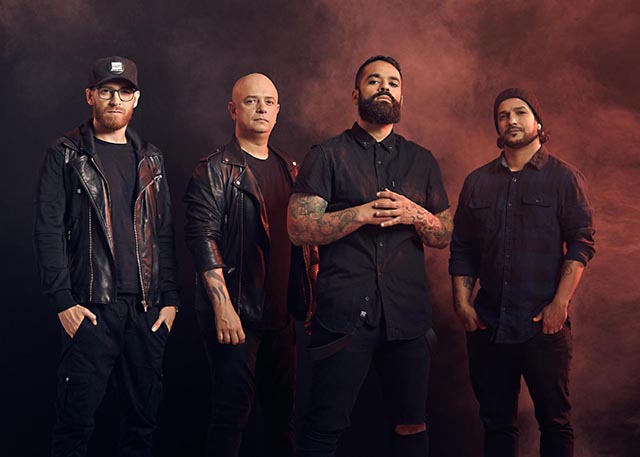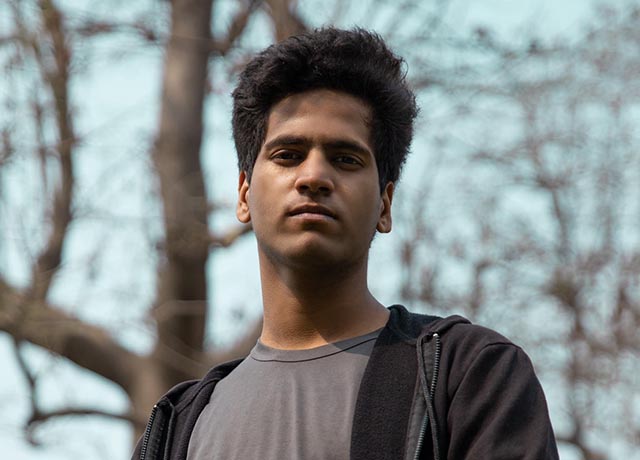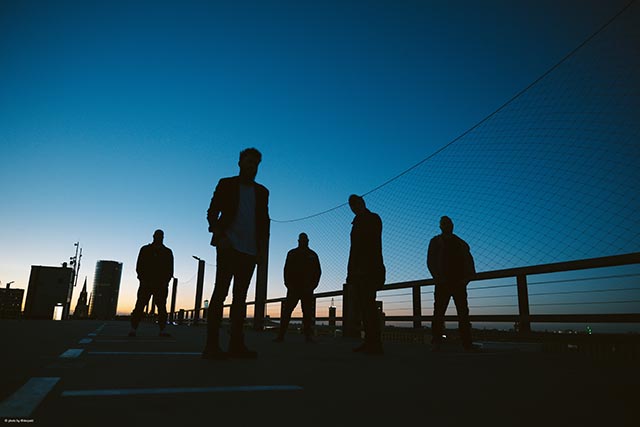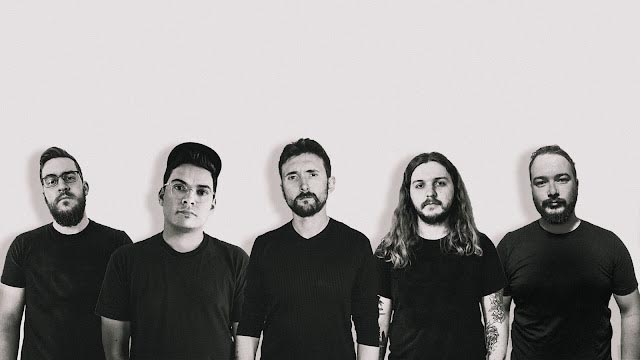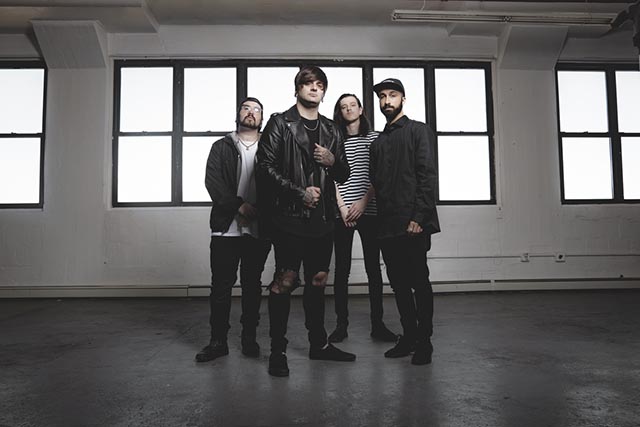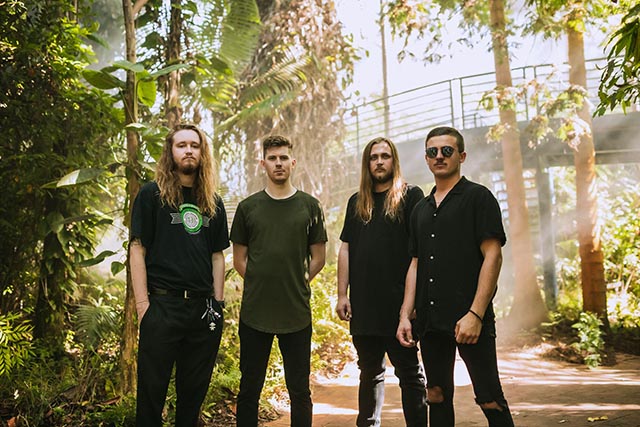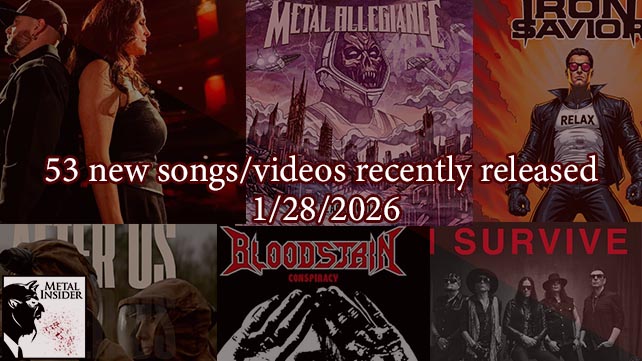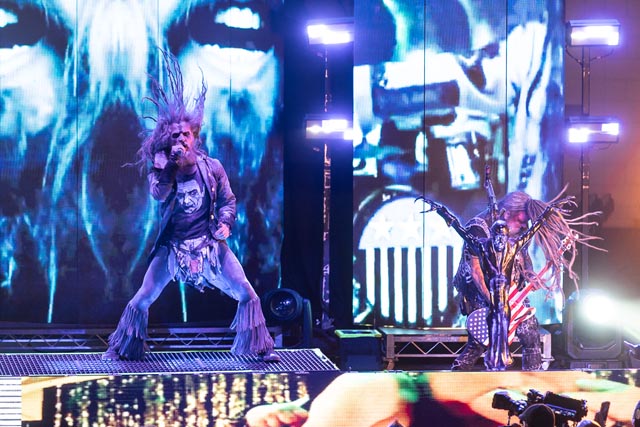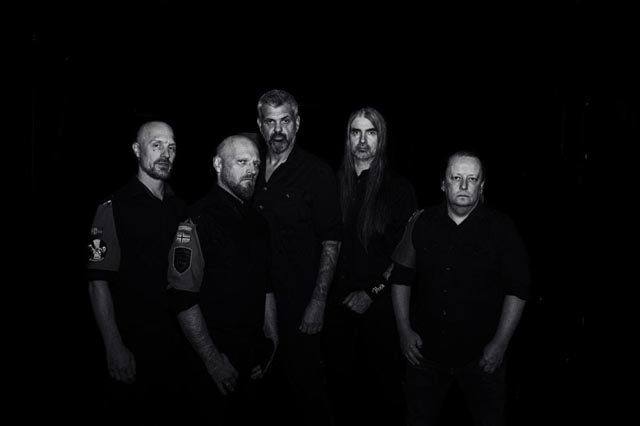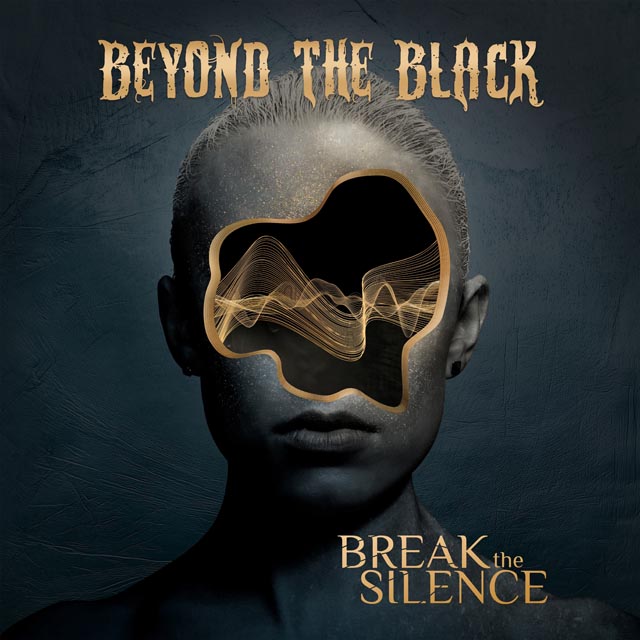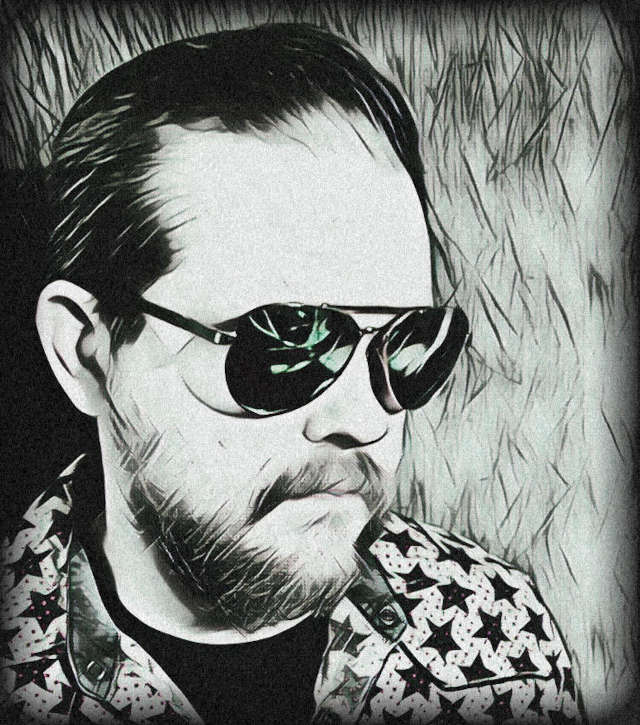
Jacksonville, FL alternative rock project Pharmacose have just released their new LP, Prescription Fiction. We caught up with frontman Wes Jones and asked five things he has learned recording new music during the COVID-19 pandemic.
01) I HAD TO RELY ON MYSELF. The pandemic ruined what little bit of momentum we had going into the release of Prescription Fiction, Part 1. We were starting to book gigs, and things were getting exciting. But once the lockdowns happened, we basically went on hiatus. We weren’t able to meet and rehearse, and Lu and I weren’t really able to meet up and record. At that point the only thing I could really do was start working on new material. Writing for me is not really the problem. I’ve written a lot of songs over the years, so I have my process honed. My problem was that I had to do the production myself. Although I had gotten to where I was producing demos and taking them to Lu, we would still redo a lot of the tracks. He’s a better producer than me, and back then I wasn’t at the level I wanted to be. That leads me to…
02) I HAD TO GET BETTER AT PRODUCTION. Recording music is one of the most fulfilling things I have ever learned how to do. It’s also probably one of the most frustrating. Music production is all about getting the best tracks possible. The have to be performed and edited well. You have to play it until you get it right. Since I am somewhat obsessive, I try to get things perfect. I have literally done one hundred takes of a guitar part before. Probably half those takes were good enough, but since I was recording my own music and not on anyone’s clock, I would just record takes ad nauseam. I have tried to get away from this practice because it’s not efficient, and good producers are efficient. Arrangement is extremely important also. You can’t just layer 10 synth parts with double tracked guitars and loud drums and expect it to sound good. Maybe someone can, but I can’t. Less is more, so choosing what instrument will take up what part of the frequency spectrum is important. There’s a lot more to it, but those are good examples. But I realized another problem I had to solve…
03) I HAD TO GET A BETTER SPACE TO RECORD IN. There are some purists out there who say that guitarists should only be recorded with a tube amp and a miked cabinet. While I think this is a noble pursuit, there are some issues. One is acoustics. You have to have a room that sounds good, and I was recording in a small room in an apartment. It was not a good sounding room at all, and I don’t think my neighbors would have appreciated hearing their neighbor record 100 takes of a guitar part. An easy solution for that is recording directly into the computer using a program or, in my case, a Kemper, but then you run into the problem of vocals. There are few, if any, singers that could get away with recording in a bad sounding room, and I’m not one of them. For the vast majority of us mortals, a good acoustic environment is extremely important. Too much bad room sound just kills vocals and you can’t fix it during mixing. All these things are important, but probably the most important thing was…
04) I HAD TO BELIEVE IN MYSELF. As I mentioned earlier, I would record takes ad nauseam. I would feel like one little aspect of the performance wasn’t good enough, so I’d play the part again. The funny thing is that when I went and listened to earlier takes, there wasn’t anything wrong with them. Some were better than I realized. So I had to learn not to doubt myself so much. It’s totally okay to be a bit critical in your process, but you just can’t let the negative self-talk get to you. For that matter, you can’t really be worried about what people will think of your music. That part is out of your control. I’d read all this stuff online from other producers, and then I’d get on forums, and all these producers and engineers were just insulting each other and calling each other amateurs. It’s pretty sad and I could go on a whole tirade about that, but I’ll leave that for another time. I read that stuff and would start to doubt myself, but I realized that they may not know what they are talking about, and what they do daily may not apply to you. My most important realization, however, was that I wasn’t making music for other producers. I was making music for me and my audience. But putting all this together was so intimidating, and I also felt the need to get things done as fast as possible, but then I realized…
05)I HAVE TO BE PATIENT. Getting better at something takes time. But, for some reason I felt like I had to get new stuff out yesterday. That’s not a good mindset. In any event, the lockdown was in full force, so there were no gigs to look for anyways. I realized I should just take my time, and that’s when things really started to fall into place.

